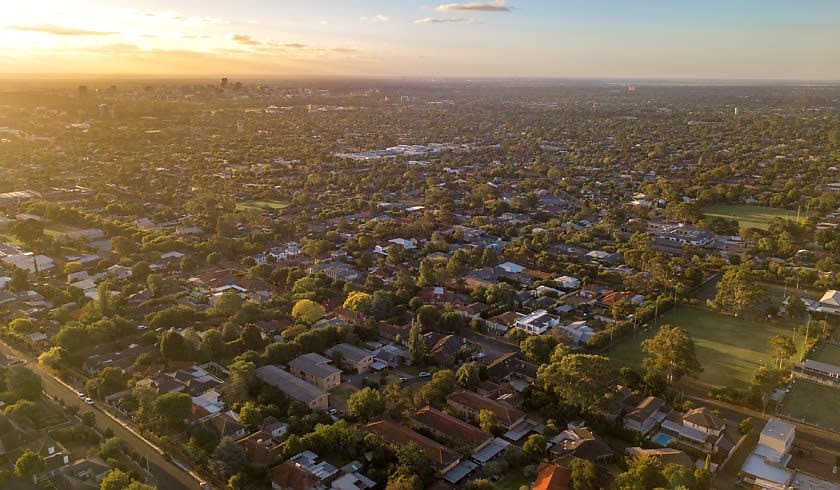SA introduces biggest rental reforms in a generation
Under the new amendments, no-cause evictions would be banned, pets would be permitted, and minimum notice periods would be extended to 60 days.

The South Australian government has just introduced a bill to amend the state’s Residential Tenancies Act 1995. The bill has already been read in the House of Assembly, and is scheduled for its second reading.
With the state facing a record low vacancy rate of below 1 per cent, Premier Peter Malinauskas stated that this change will be imperative to “make the system more affordable for renters”.
This is “a nation-leading position in terms of addressing the housing crisis,” he claimed.
Consumer Affairs Minister Andrea Michaels noted that with the astonishing low vacancy rate, “South Australian tenants are facing unprecedented levels of housing insecurity with many tenants fearing becoming homeless.”
“The Malinauskas government is seeking to provide tenants with additional security in their rental home while still protecting the rights of landlords,” she asserted.
The new changes, when passed, would require to provide tenants with a prescribed reason to end a periodic tenancy agreement or fail to renew a fixed term agreement. Plans for demolition, renovation or sale; plans for the landlord to occupy the property themselves; or illegal or abusive behaviour on the part of tenants would all count as prescribed reasons.
The reforms would also prevent landlords from refusing a tenant’s application to keep a pet, as long as they agree to comply with “reasonable conditions”, such as keeping the pet outside and having carpets professionally cleaned at the end of the tenancy.
Renters will still be held liable for any damage caused by the pet.
The new laws will also increase the minimum notice period for ending a tenancy from 28 days to 60 days, in order to make sure renters can secure a new home before the tenancy is up.
An independent tenancy advocacy service will also be set up as part of the reform, the government revealed.
Andrea Heading, CEO of the Real Estate Institute of South Australia (REISA), shared: “REISA is pleased that the government has introduced legislation into Parliament to modernise South Australia’s residential tenancy laws.”
“REISA has collaborated closely with the government on these reforms and believes that a workable solution has been proposed, that protects the rights and interests of both landlords and tenants,” she added.
The November bill follows hot on the heels of the Malinauskas government’s plan for A Better Housing Future that was introduced in February this year.
The $965 million plan aimed to construct over 500 public homes and 1,000 affordable homes, abolish stamp duty for first home buyers of properties under $650,000, introduce a 2 per cent deposit home loan for first home buyers building a new home, and fast-track the largest residential land release in South Australia’s history.
While the bill to amend the Residential Tenancies Act 1995 is yet to pass, Ms Michaels is optimistic about the bill’s future, stating: “We have consulted extensively with tenants, landlords and stakeholder groups, and we believe that these reforms strike the right balance.”
“These are the biggest reforms to South Australia’s residential tenancy laws in a generation,” the minister concluded.

